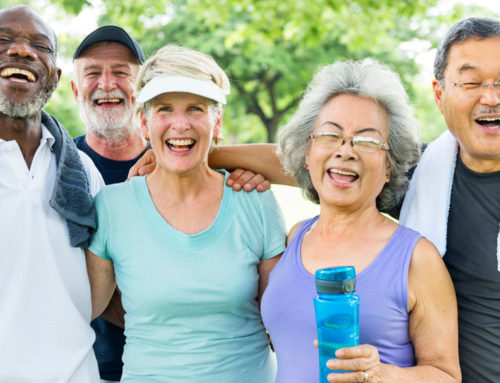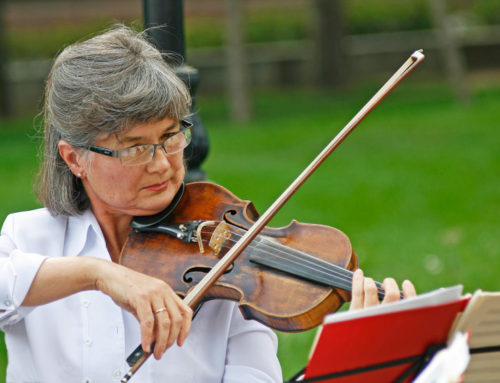Share This Story!
Importance Of Staying Active
Elderly adults need to stay active both mentally and physically to improve mood as well as physical and mental function. After moving to a long-term care (LTC) facility, older adults often become less active both physically and mentally. Participating in facility activities with other residents and with family members during visits can combat this.
Facility activities
Most long-term care facilities offer a variety of activities for residents. Arts and crafts, music, games, church services, and even yoga classes are some of the offerings at many LTC facilities. Residents can often find things to do similar to previous hobbies or leisure activities. Participation provides opportunities to meet other residents, engage in socialization, and stay active.
Let’s visit Grandma!
But what about when family members come to visit? Residents want to enjoy time with family, not play a game while the family sits and watches. Families also want to enjoy the time and what better way than to do something fun? So, what are those fun activities appropriate for the elderly and easy to do at the LTC facility? Here are a few suggestions.
Idea 1: Photobooks
Everyone likes to walk down memory lane occasionally. Bring old photos and encourage stories about the past. Learning what a loved one did as a child or young adult can be both informative and exciting. Even helping to create a family tree or family history based on the photos could be fun for everyone.
Idea 2: Get outside
Go for a short outing or even just a leisurely walk in beautiful weather. Often residents have limited time outdoors due to an LTC facility not always having staff available to accompany or monitor. If able, an elderly loved one may enjoy a trip to a manicurist or barber, restaurant, or church service. Sometimes a drive around familiar areas and talking about associated memories can be loads of fun.
Idea 3: Let the music play
Music is a great activity, especially if the elderly family member is not feeling well or is unable to move around. Music can improve mood, spark memories, soothe agitation, and even help connect with dementia patients. Bring along music familiar to the elderly resident or favorite genre if known. Sometimes a family sing-a-long will follow, or other residents may even join in.
Idea 4: Holiday-specific activities
Think about all the holidays that can be celebrated with a loved one in an LTC facility. Not just the major ones such as Thanksgiving, Christmas, and Easter, but all the others. Imagine the fun at a St. Patrick’s Day celebration. What about the First Day of Spring party? Many occasions can be turned into a celebratory event and fun day.
Most important: Visit!
While going to a facility to visit a loved one may not be the easiest thing to do, the rewards are immeasurable. Residents look forward to having visitors that break up the day. Whether just talking, playing a game, listening to music, or having a special treat, a visitor brightens the day. Visiting a loved one in a long-term care facility shows love and concern for the resident’s happiness and well-being. Doing fun and different activities can make these visits special for everyone.





